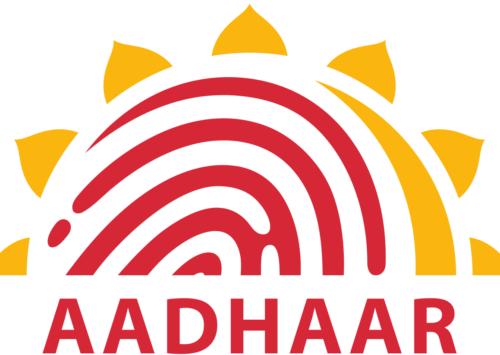Does India consider privacy a fundamental right?
In connection with several petitions surrounding the controversial ‘Aadhar’ Identification Card, India’s Supreme Court is hearing on the right to privacy.
In a world where surveillance, particularly through the digital space, has grown in leaps and bounds, the right to privacy becomes a muddled issue. However, whether the right to privacy, in the 21st century, is a fundamental right upheld by law in India, has come under the scanner. This legal debate in India stems from numerous concerns that the Aadhar card has raised among citizens, a unique identification system that takes biometrics of a person into account. The debate has taken centre stage at the Supreme Court in India, with a hearing of petitioners who express their concerns over this right that the identification system seems to violate. The hearing is set to continue, where the argument will further take shape from the Supreme Court’s declaration that the right cannot be absolute.
A constitution bench consisting of nine judges is hearing a number of petitions that have raised concerns over the Aadhar card, that the current government has sought to make mandatory for a number of state provisions including subsidies, voting as well as financial set-ups. Much of the opposition for the Aadhar card has included the card’s violation of an individual’s bodily rights as well as the information such as their phone number, financial details and numerous other databases that are being gradually being made mandatory to be linked with the one card in question. Numerous incidents, ranging from fictional characters having Aadhar cards to their name to pensionable citizens being declared dead or having their biometrics ‘stolen’ have been reported. The lack of security over the database of information that has been leaked on various government websites has also been a top concern, as it points out that perhaps India isn’t ready to make a foolproof system of linking each and every detail of an individual’s life with one form of identification, something which is prone to being leaked, bought or simply lost.
The government, against whom the petitioners are fighting the case, has expressly stated that citizens of India do not possess the right to privacy as a fundamental right. Last month, in the ongoing legal battle, Attorney General of India, Mukul Rohtagi stated, “Right to Privacy is not a fundamental right under our Constitution. It flows from one right to another right. Constitution makers did not intend to make right to privacy a fundamental right.” Even as the right to privacy isn’t mentioned in the Indian constitution, the Supreme Court has upheld the same in the recent past in several cases and has widened the scope of Right To Life, which is a fundamental right, to include this right. Many critiquing the idea of privacy in this digital age have been echoing the government’s statements by giving examples of giving away information to private bodies. In court today, a petitioner, however countered this when questioned, “When we share information for a service or an act, we give it for that limited purpose. That must be recognised in the law.”
State above its citizens?
The ongoing debate has intensified to include a number of questions that include whether the state is overreaching its powers. Gopal Subramanium, who was a representative of the petitioners, argued yesterday that the rights to life and liberty are pre-existing natural rights. “Privacy is embedded in both liberty and dignity. It is not a twilight right but the heart and soul of the constitution,” he said.
Shyam Divan noted that India has been a signing and ratifying party to the Universal Declaration of Human Rights and International Covenant on Civil and Political Rights, where Right to Privacy has been included in both the declarations. As far as international law goes, even the appointment of a Special Rapporteur concerning privacy in recent times by the United Nations General Assembly echoes the growing global worry over privacy. He also pointed to the recent appointment of a Special Rapporteur for privacy by the UN.
However, as the proceedings go, the government has presented its case to question how right to privacy could be considered a fundamental right as well as whether private entities such as Google would be subject to its ambit. Opening up a pandora’s box of questions of what has been interpreted by many as a matter of basic rights, the court was noted as stating “Right to privacy cannot be an absolute right and the State may have some power to put reasonable restriction.” Today, the concerns of petitioners were relayed, and the next hearing is dated for July 25, until which the country will continue to debate and discuss on upholding a right that is crucial in the digital age.
It is voluntary to submit personal information on social media sites, quite another to surrender same rights to the State. #RightToPrivacy
— Sanjay Jha (@JhaSanjay) July 20, 2017
Amazing! Govt which doesn’t disclose names of corporates who have defaulted on lacs Cr of our money,claims in SC,there is no right to privacy! https://t.co/XIn6vaJiw2
— Prashant Bhushan (@pbhushan1) July 19, 2017













